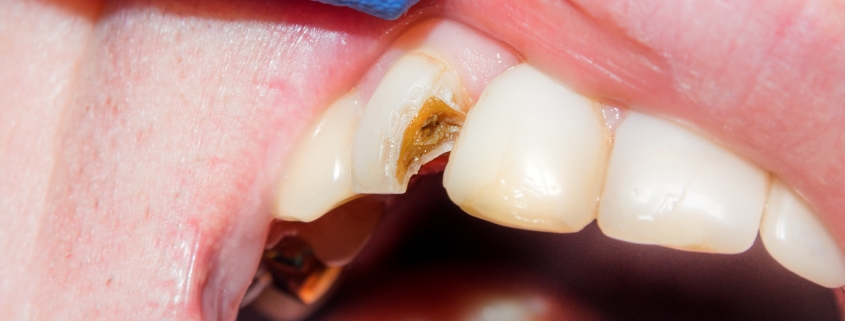Root Canal in Children’s Teeth
When it comes to dental care, children’s oral health requires special attention and care. In some cases, children may experience dental issues that require more extensive treatment, such as a root canal. Although the thought of a root canal may be intimidating, understanding the procedure and its benefits can help parents make informed decisions about their child’s dental health.
Understanding Root Canal in Children:
A root canal is a dental procedure performed to treat an infected or severely damaged tooth. In children, tooth decay, trauma, or infection can lead to irreversible damage to the dental pulp, which contains nerves, blood vessels, and connective tissue within the tooth. When the pulp is affected, a root canal becomes necessary to remove the infected or damaged pulp, clean the root canals, and seal the tooth to prevent further infection or damage.
Benefits of Root Canal in Children:
Pain Relief: An infected or damaged tooth can cause severe pain and discomfort in children. Root canal treatment alleviates this pain by removing the source of infection and preserving the tooth’s structure. By addressing the problem early on, children can experience immediate relief and regain their normal oral functions.
Tooth Preservation: Baby teeth play a vital role in a child’s oral development, including proper speech, chewing, and alignment of permanent teeth. Removing a severely damaged or infected baby tooth prematurely can lead to complications, such as misalignment of permanent teeth. Root canal treatment allows for the preservation of the affected tooth, maintaining the natural spacing and facilitating healthy development.
Preventing Infection Spread: Infected teeth can act as a breeding ground for bacteria, potentially leading to the spread of infection to neighboring teeth or other parts of the body. A root canal eliminates the source of infection, preventing its progression and reducing the risk of complications, such as abscesses or systemic infections.
Restoring Function and Aesthetics: A root canal treatment restores the structural integrity of the tooth, allowing children to bite, chew, and speak without discomfort or hindrance. Additionally, preserving the natural tooth helps maintain a proper alignment, preventing issues with bite and jaw development. This restoration contributes to the overall aesthetics of the smile, promoting healthy self-esteem and confidence in children.
Post-Treatment Care:
After a root canal, it is essential to maintain good oral hygiene practices to prevent future dental issues. Regular brushing, flossing, and routine dental check-ups are crucial to ensure the long-term success of the treatment. The pediatric dentist will provide specific post-treatment care instructions tailored to the child’s needs.

